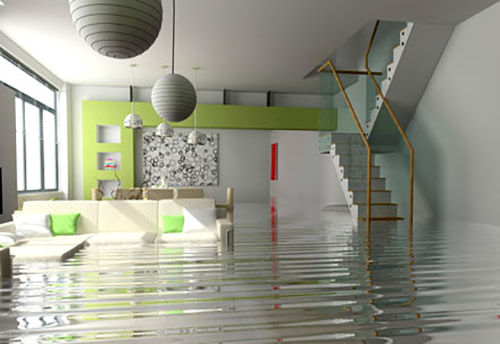Sewage Cleanup: Waste No Time Waiting for Help
Bring in the Pros
The most dangerous type of water loss could be the raw sewage and it is not recommended to try cleaning it yourself. It may also affect your business if your commercial property has experienced a sewage backup that has spilled waste in your bathrooms or other areas of your building. In case of sewage backup, the first move should be to call a certified water damage restoration company because a quick action can reduce the damage. Our experienced and certified crew is just a call away, to assess the damage and propose the best possible solution.
Noah’s Floods Restoration specializes in handling messy jobs other companies can’t or won’t help with. Noah’s flood restoration is an expert in providing commercial sewer backup services in Colorado. We provide sewage backup, sewage restoration and sewage cleaning services in Dillon, Silverthorne, Breckenridge, Keystone, Copper Mountain, Vail, Beaver Creek, Winter Park, Grand Lake Steamboat Springs.

Why do Sewer Backups Happen?
Clogging
Clogged sewer lines results in sewage backups, while if it is experienced in just one specific area then there might be a clog in its particular drain, issue will be resolved with proper drain cleaning, saving us from further damage. But in case, there is a sewage backup in every flush of your house then this is an alarming situation – it means that the main sewer line of your house is blocked. A blockage in the main sewer line results in a backup through toilets and floor drains at the lowest point of your house starting from your basement. If the blockage is not removed, the overflow will continue to damage your entire property;
Tree Roots
Tree roots can often be the reason to cause severe damage and blockage in the sewer line. Crushing the sewer line by wrapping around it, growing into the pipes and creating holes that can cause leakage, are some of the problems caused by the roots of the large trees;
Storm water overflows
Heavy rains results into another most common reason observed for the sewer backup. During the storm in the city, drains are overwhelmed with too much water. Just one small blockage traps the water and it seeks an exit. Unfortunate, that exit could be through your home’s pipe that is tied in with the city sewer line.
Damaged Sewer Lines
Another reason for sewer backup could be your old property whose plumbing and sewer systems have not been renovated recently. Collapsed, cracked or broken lines might be the cause of your sewer back. Older homes had pipes and sewers made of cast iron and clay which can get rusty, easily break down once get older.
Why Choose Noahs Floods Restoration Services?

Weu2019re Faster to The Disaster
We have a quick response to your call and take 60-90 minutes to arrive at the destination. We are trained for immediate action and get to work as soon as we arrive to ensure your safety while we assess the damage and begin restoration.

Weu2019re Highly Trained Sewage Damage Specialists
We are the experts in water damage restoration. Having an extensive experience in sewage damage restoration, we monitor the drying process from start to its completion.

We Use Advanced Equipment and Techniques
We are well equipped with the latest and advanced equipment techniques. Noah’s Floods Restoration have a team of well trained and professionals who have years of experience in the restoration industry.
The Best Restoration Service’s in the Rocky Mountains
What We Do
Tear-out & Disposal


Sanitization & Anti-Fungal Application
Drying


Repair
What To Do After Sewage Backup
- Do not flush toilets or attempt to drain tubs and sinks – just don’t use the water supply system in your home until the problem has been detected and taken care of;
- Do not use harsh chemicals in an attempt to unclog the draining system quickly and easily. They can damage your pipes and sewer lines and make the matters worse. Opt for treatment options which use enzymes instead of chemicals – they will most likely solve your problem and will prevent future clogging;
- Keep children and pets away from the affected area;
- If it is still safe, shut off the power. Otherwise, don’t go near electrical equipment;
- Wear protective clothing: gloves, eyeglasses, rubber boots and a facemask;
- Open windows to allow fresh air in and ventilate well to remove any fumes;
- Add small amounts of chlorine bleach to standing water to ensure some disinfection;
- Use sump pumps to remove excessive water;
- Call for professional assistance.


